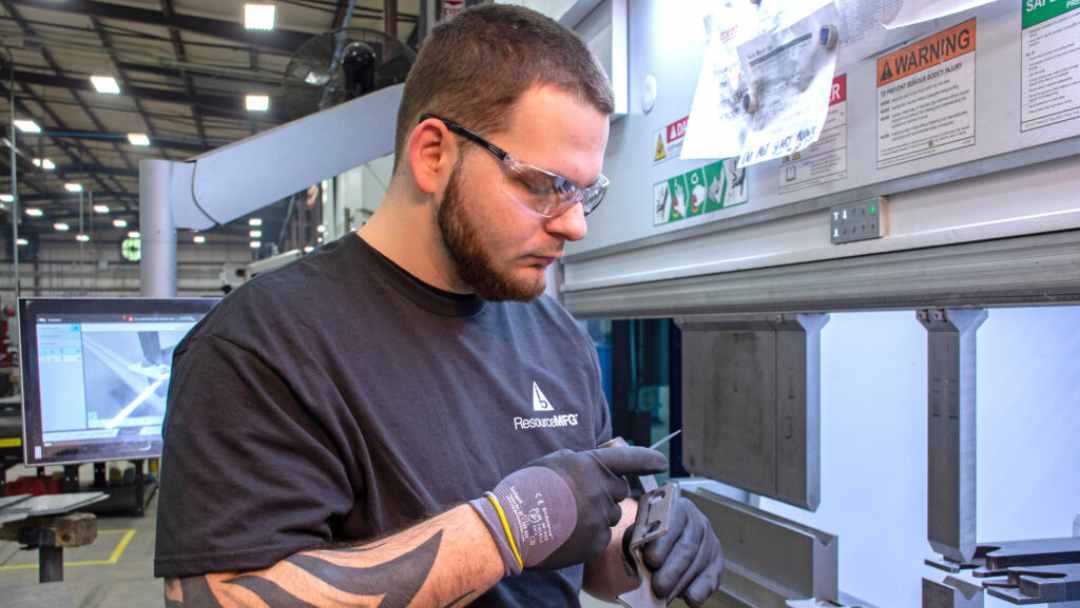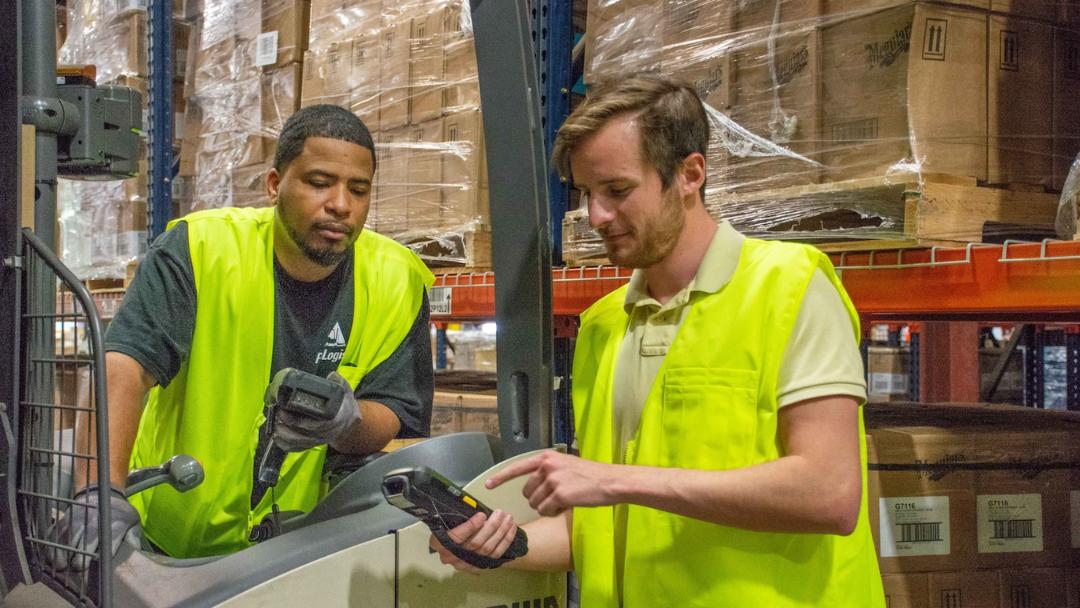What Differentiates Quality Control and Quality Assurance?
When it comes to delivering customer satisfaction and product excellence, two pillars remain essential to achieving these goals: quality assurance (QA) and quality control (QC).
Before entering a career in either, it’s essential to understand the differences between quality control and quality assurance. We’re unraveling the similarities and differences between these roles and how individuals can kick-start their careers in quality management.
Quality control vs. quality assurance
Quality control is a methodical way for organizations to make sure their products or services are up to a certain standard and consistently meet consumer expectations. For QC professionals, this involves checking and monitoring product development and fixing errors like software defects, glitches, or imperfections — with the aim of delivering reliable, high-quality products and services. Most teams have a well-established system for checking the quality of the products they produce.
Quality assurance, on the other hand, refers to the set of activities and procedures, called quality standards, that companies use to prevent mistakes and ensure processes produce reliable and high-quality products or services. This encompasses setting standards, checking operations regularly, and using the best practices to maintain quality during and after product development or project management. QA professionals aim to build trust by meeting or exceeding customer expectations and minimizing the chances of problems happening.
In addition to positions in quality control and assurance, there are several other roles to consider within the quality management field, including quality technician, quality auditor, quality coordinator, quality analyst, and quality engineer.
Discover the similarities between QA and QC
To build brand trust and loyalty, businesses strive to deliver high-quality production to their customers. While quality assurance and quality control have a few important distinctions between them, both play crucial roles in achieving this objective.
Here’s a closer look at the core similarities between these two professions:
- Aiming for a high-quality product: Both QA and QC professionals are committed to guaranteeing the production of premium quality products that meet or exceed customer expectations.
- Leveraging policies and procedures: These professions rely on established systems and guidelines to maintain consistency and standardization throughout the process. This reduces the likelihood of issues or defects.
- Minimizing errors and costs: By identifying and addressing potential problems early on, QA and QC workers help their teams mitigate costly issues and maintain efficient operations.
- Improving production processes: QA and QC teams are constantly working to enhance their processes and methodologies for increased efficiency, product reliability, and overall customer satisfaction.
What are the key differences between quality assurance and quality control?
Although they have similar goals and objectives, QA and QC have specific distinctions to keep in mind as you consider a career path in one of these areas:
1. Proactive vs. reactive
QA is typically considered proactive because it starts at the very beginning of the quality management process. Assurance focuses on preventing defects by establishing standards and guidelines from the outset.
Alternatively, QC is viewed as a reactive process, which concentrates on detecting and addressing defects as soon as they arise or right after the product or service is completed.
2. Timing
Because QA is critical from the beginning to the end of the production process, these activities span the entire product and service development lifecycle. As a result, professionals are tasked with continuously monitoring and improving processes.
With a career in QC, you can expect your activities to come at the end of the production cycle when the product or service is ready for your inspection or testing.
3. Prevention vs. detection
In quality assurance, professionals strive to eliminate defects by designing processes that reduce the chance of errors or defects. With quality control, individuals identify and rectify issues in the final product or service.
4. Process vs. product
For those considering a career in quality assurance, you can expect the role to be more process-oriented, emphasizing the creation and implementation of efficient, error-mitigating processes and methodologies.
Individuals interested in QC are more focused on the product, ensuring that it meets the predefined quality standards and criteria.
5. Who is involved
Lastly, there’s a contrast between who is critical for each process. In QA, the entire team is involved, from top management to frontline employees. This means that end quality is the direct result of everyone involved, making it a collective effort.
When it comes to quality control, there’s typically a dedicated QC team of inspectors trained to evaluate the final product or service quality.
Why pursue a career in quality management?
Quality assurance and control professionals are highly sought after by manufacturing teams who want to deliver top-notch products and services — helping to satisfy customers and maintain operational efficiency. Quality management makes for a compelling career choice for various reasons, including:
- Impactful contribution: Quality management professionals are essential to ensure products and services meet the highest standards, improving an organization’s work. This directly influences customer satisfaction and brand reputation.
- Diverse opportunities: Opportunities to jumpstart a career in quality management are available across many sectors and industries. As a result, potential quality managers have a wide range of career options, from manufacturing to healthcare to technology. Additionally, the quality management skills you gain from the position are likely to translate well to other fields if you decide to make a switch.
- Continuous improvement: Part of the assurance and control process focuses on identifying areas of improvement. This way, ongoing learning and innovation can be leveraged to enhance the quality of products or services offered.
- Job security: Companies will continue to prioritize quality if they want to remain competitive, resulting in a steady demand for skilled quality management professionals.
Job outlook and career prospects for quality management professionals
For those considering getting into a quality control career, now is a great time to get started. According to a report from job search platform, Zippia, both quality control specialist and quality assurance specialist jobs are in demand.
The job growth rate for quality control is projected to be 3% until 2028, with an average salary of $49,281. Despite having over 41,967 quality control specialists currently employed in the U.S., there are still 100,535 active job openings.
Conversely, quality assurance specialists are expected to experience an even higher job growth rate of 6% until 2028, and they typically enjoy a higher average salary of $63,443. Currently, there are 83,505 active job openings for quality assurance specialists in the U.S., indicating ample opportunities for individuals considering this career.
Start your career in quality management
If you’re ready to get into a quality control career, then support and opportunities await you at Employbridge. We empower individuals to find open roles that are not only the right fit, but also help them unlock their full potential. Whether you’re looking for a quality assurance or quality control position, there is a path to reach either goal with Employbridge. Our values-driven culture, free upskilling courses, and positive environment provide all of the tools needed to succeed on a new professional journey.
Explore all of the exciting career opportunities we have to offer or contact your local branch to find your place in quality management.



